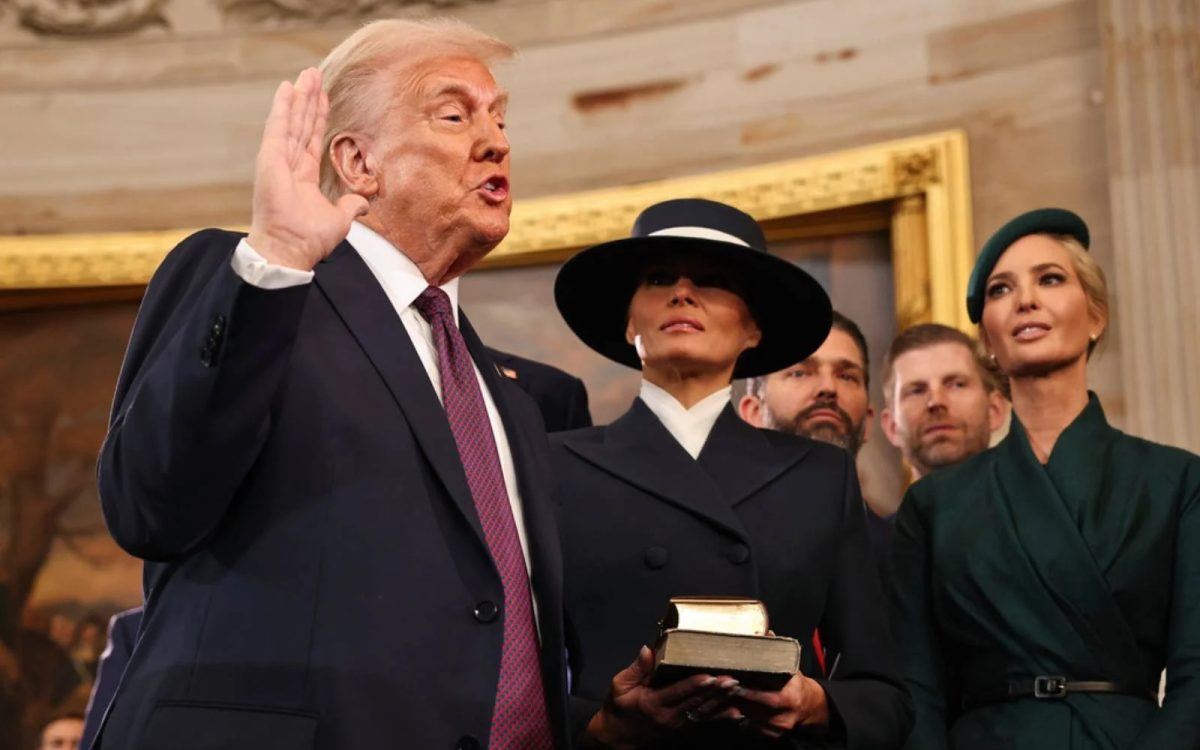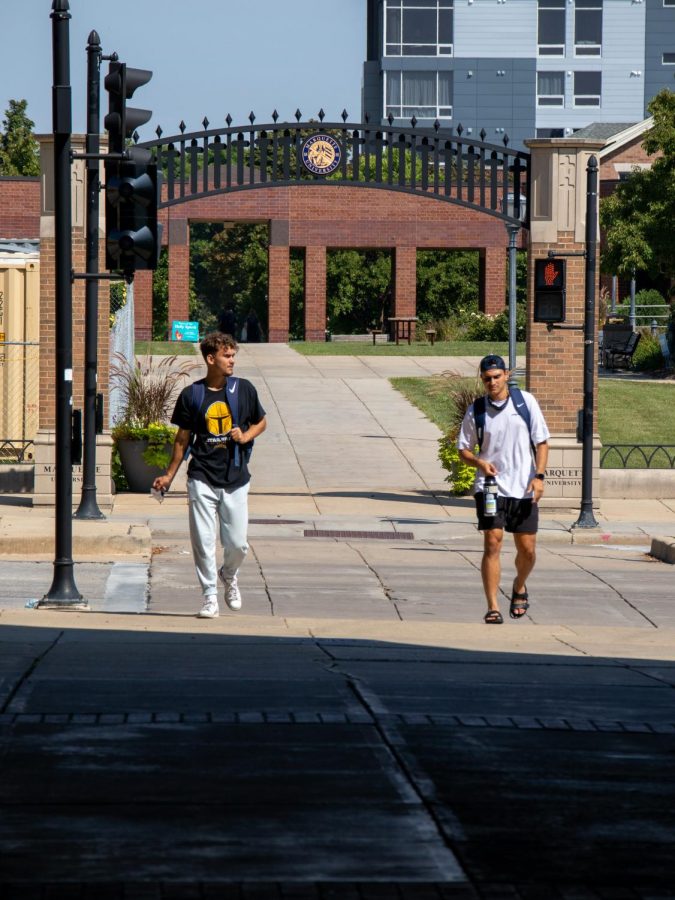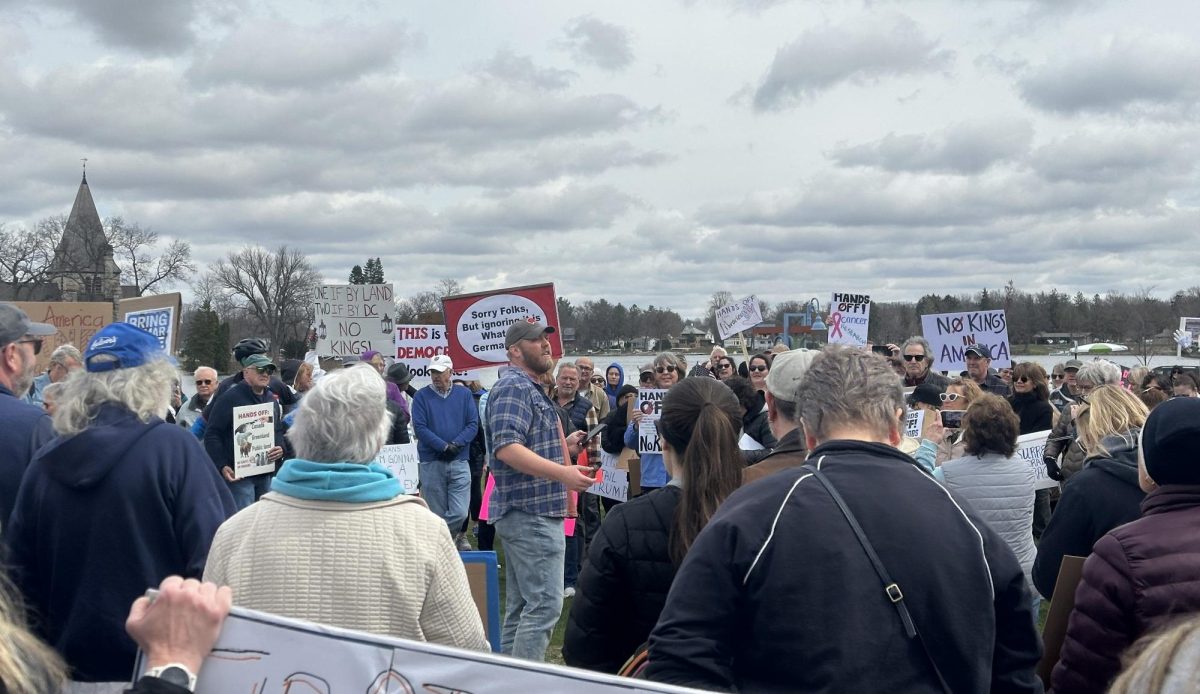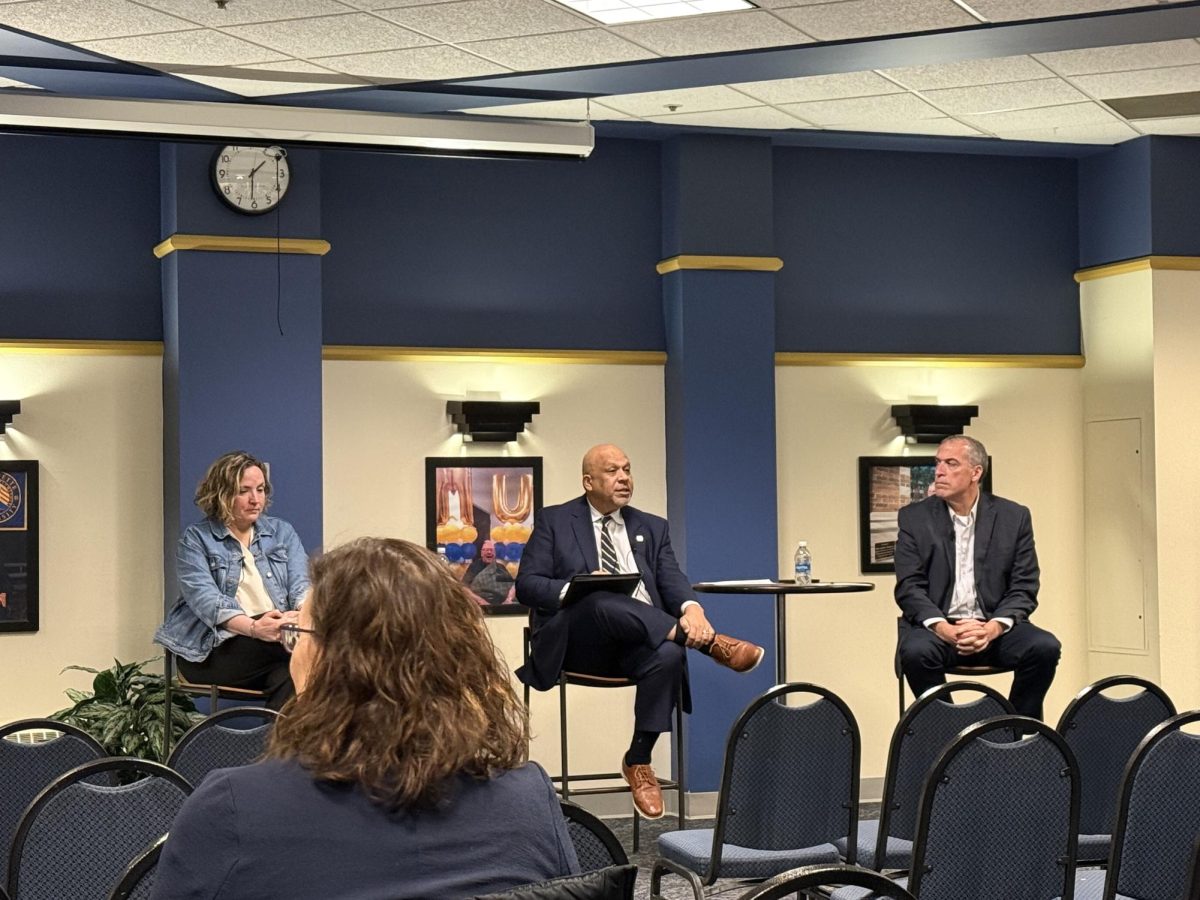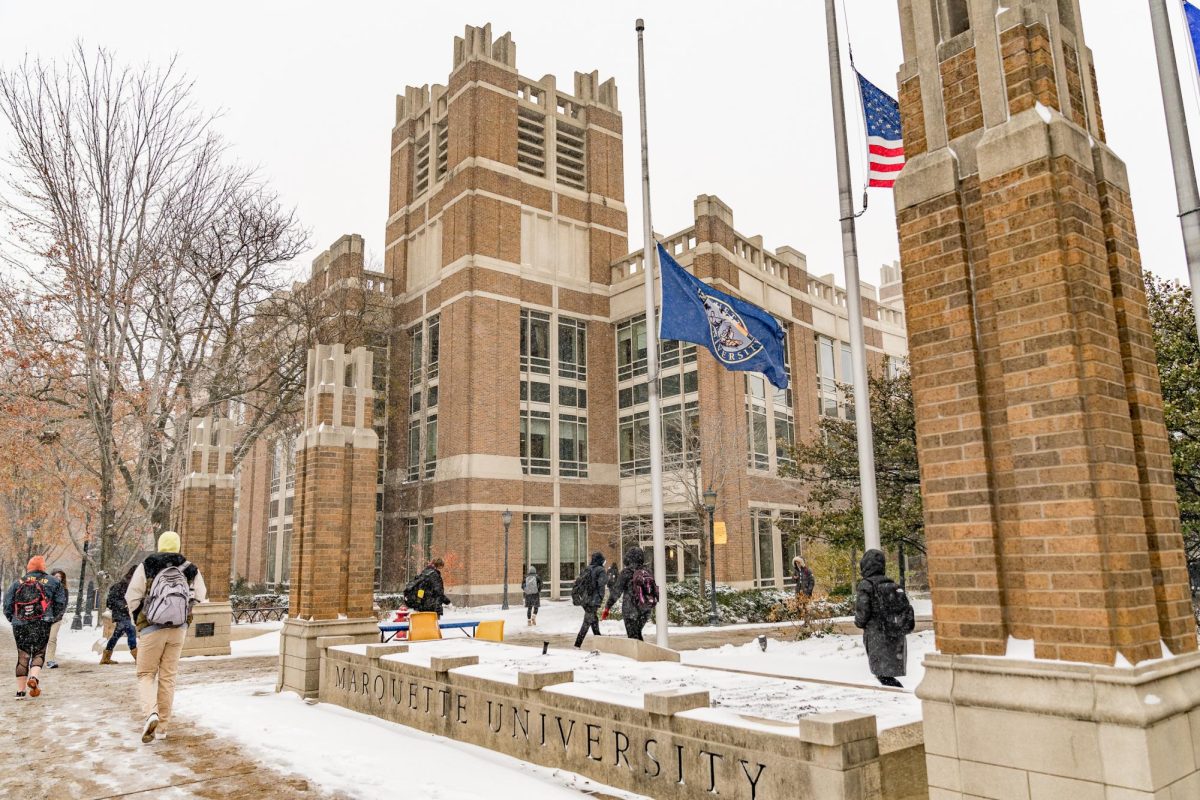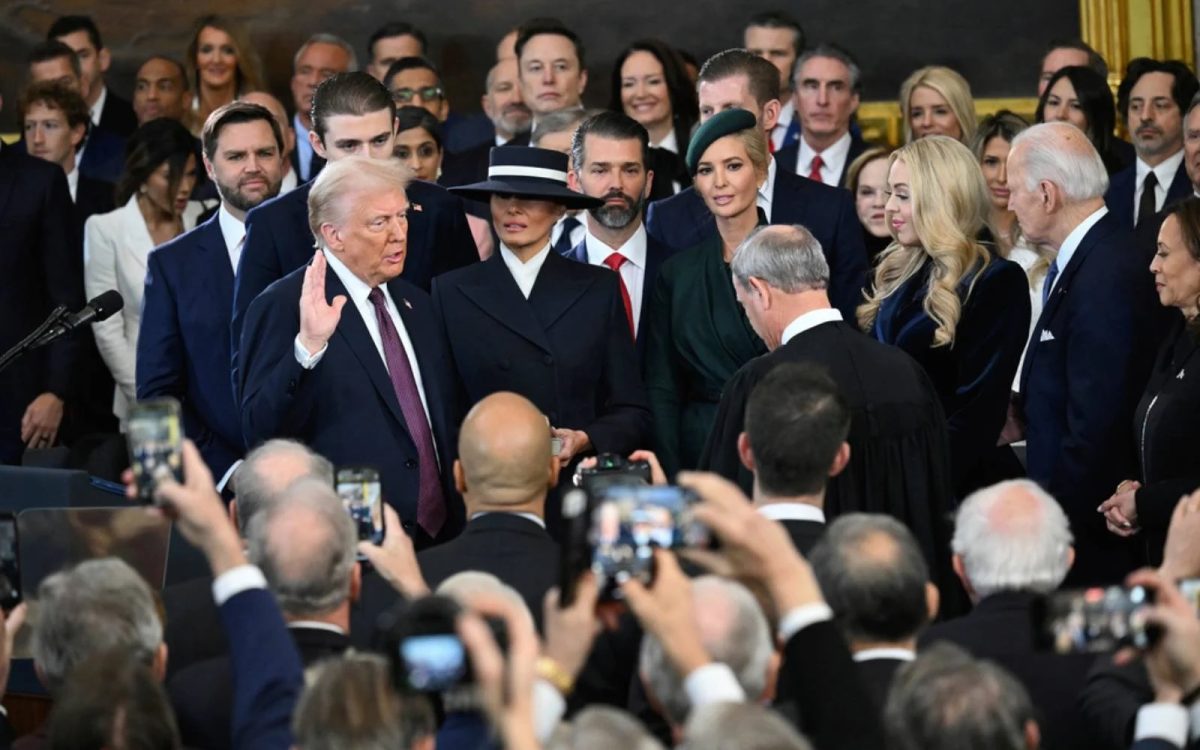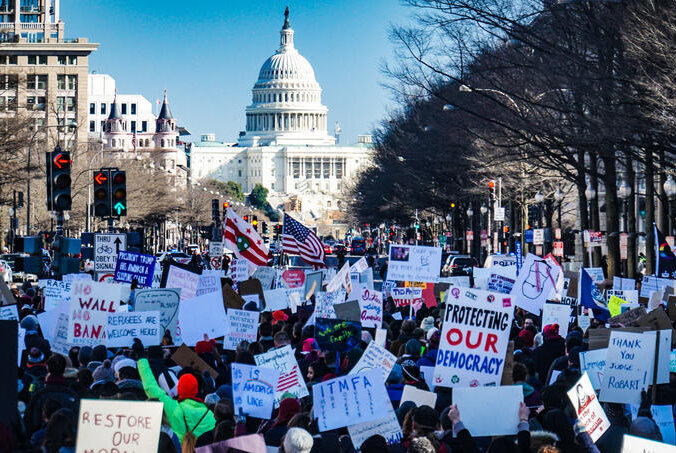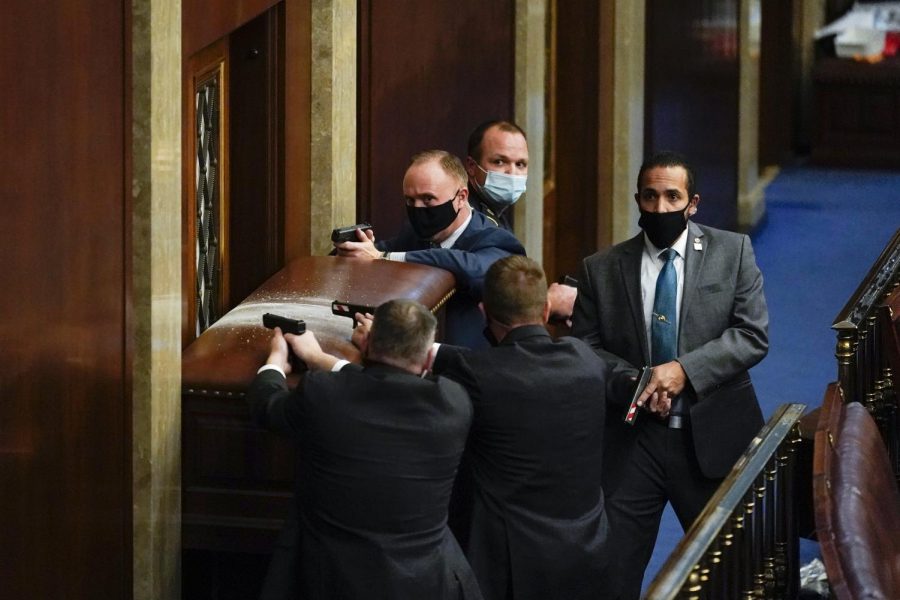After declaring in his inaugural speech as the 47th president of the United States that a “Golden Age of America” had begun, Donald Trump kicked off his second term Monday with a string of sweeping executive actions on issues ranging from immigration to energy.
Within hours of taking office, Trump signed executive orders withdrawing the U.S. from both the World Health Organization and the Paris Climate Agreement. He also declared a national emergency at the U.S. southern border and signed an order ending birthright citizenship in the states.
As of Tuesday afternoon, 24 Democratic led states have filed a lawsuit against the Trump administration, claiming that the order ending birthright citizenship violates the 14th Amendment of the U.S. Constitution, which gives a constitutional right to citizenship for all children born in the United States.
Officials have stated the Immigration and Customs Enforcement officers will be permitted to arrest undocumented immigrants from churches and schools, ending a longstanding policy to avoid what were once known as “sensitive areas.” The Department of Justice also issued a memo on Wednesday morning directing federal prosecutors to investigate local efforts to obstruct federal immigration enforcement.
Additionally, Trump issued pardons and sentence commutations for over 1,000 Jan. 6 rioters, including those convicted of assaulting police officers and engaging in seditious conspiracy. The move was questioned by lawmakers on both sides of the aisle, citing safety concerns.
Meanwhile, confirmation hearings continue for Trump’s cabinet nominees. Secretary of State Marco Rubio became the first member of the cabinet to take office after being confirmed unanimously by the U.S. Senate on Monday night. Confirmation hearings were held Tuesday for Trump’s picks for ambassador to the United Nations and secretary for Veterans Affairs.
This story was written by Sahil Gupta. He can be reached at sahil.gupta@marquette.edu.


